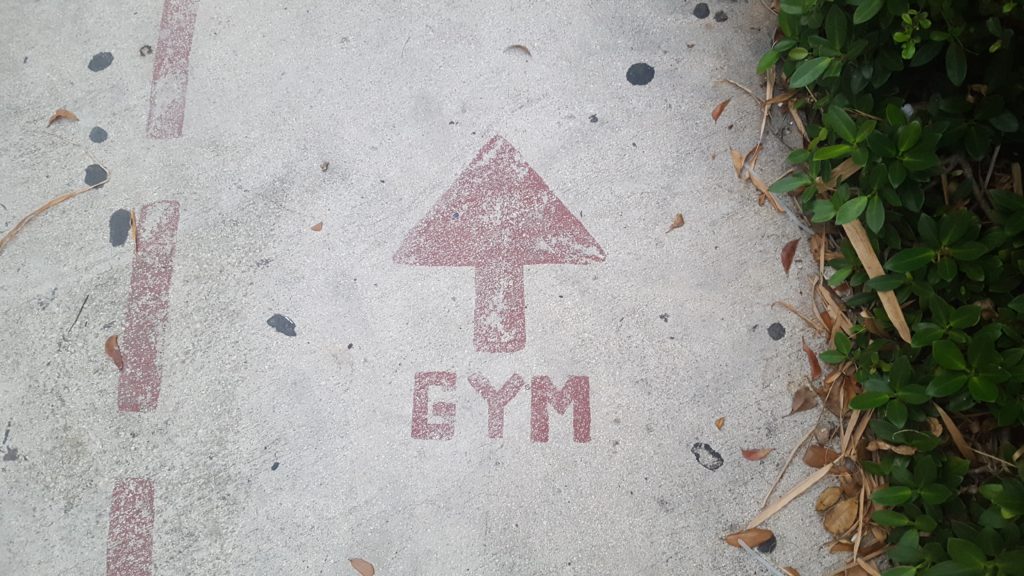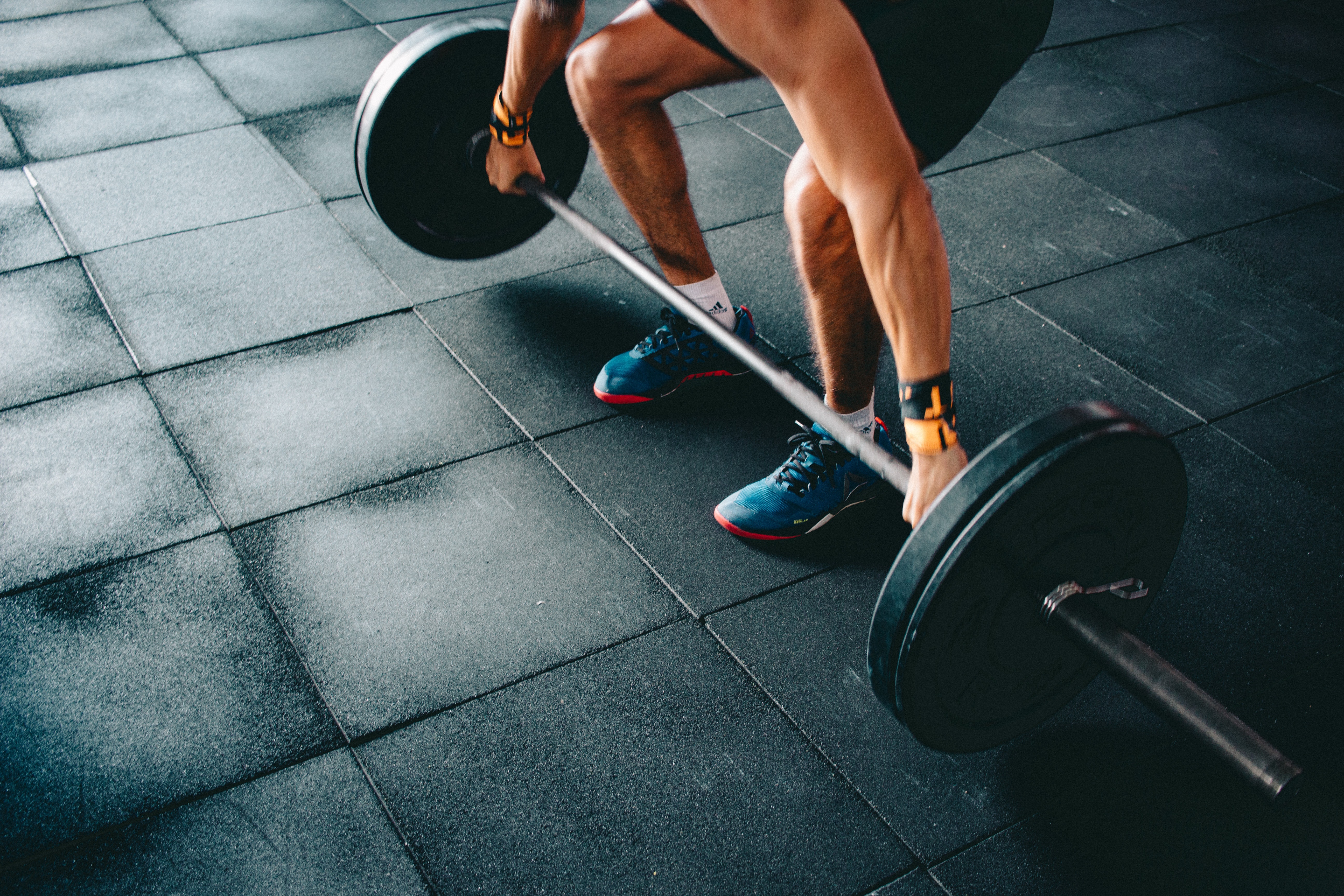In addition to yoga, most runners loathe strength training. When planning workouts for the week, the average runner only racks on the miles, tending to neglect their much-needed cross-training. More times than not, we talk ourselves out of why doing anything else but running is necessary. Fortunately (and unfortunately), every runner should strength train, too. Whether you're thinking about incorporating it into your weekly routine or you're hesitant to start, read this blog and you might find yourself heading to the weights after.

Benefits of Strength Training
Runners are athletes and an athlete is someone who is proficient in a specific sport AND other forms of physical exercise. If a runner is not working on building overall strength, then they are more prone to injury. It's proven that the annual injury rate for runners is as high as 85 percent. Let's take a look at the various benefits of strength training that have a direct correlation to benefiting a runner.
Prevent Injury
As previously mentioned, strength training for just 10 to 20 minutes a day can reduce the injury rate significantly. A major issue with runners is muscle imbalances. Some tend to have a stronger push on one side versus the other which can cause inflammation and tears to that one side. Regulating strength training can help that balance and recovery time between sets. Runner specific strength training will increase structural fitness. These help your bones, ligaments, tendons, and muscles to withstand the impact of running.
Get Faster
On first thought, you may not think it makes sense to cut back on running in order to increase your speed, but in fact, it does! No matter if you're a sprinter, or a distance runner, you'll find that strength training will increase your pace. Leg-focused exercises build strength and improve your body's efficiency to use energy and oxygen. Strengthening your body's economy will improve your elastic energy which results in stronger, thicker tendons that can withstand a stronger push and impact while running. Especially focusing on heavy lower body exercises will help generate more force for when you kick the ground.
Decrease Body Fat
Didn't think of this one did ya? Yes, it's true, the combination of running and strength training is the key to reducing body fat. Muscles have a higher metabolic rate than fat so increasing your muscle mass raises your resting metabolic rate. Many runners believe or have been told "lighter is faster" and this couldn't be further from the truth. Because muscle weighs more than fat, a stronger runner is more likely to run faster than one who is thin because they have more body fat.
More Core, More Moves
The key muscle groups used in running are the glutes, hamstrings, calves, quadriceps, hip flexors, and core. Core muscles are not only the center of your entire body, but they build a proper running form. In addition to making you faster, core strength will help you avoid back pain, too. Planks are a good example of basic strength core exercises. Traditional lifting such as squats, deadlifts, and lunges, actually help build strength in your core too.
Improve VO2 max
VO2 max is the max rate of oxygen consumption that your body can handle. By incorporating weights into your routine, you're increasing your VO2 levels. This raises the measurement you use to establish the aerobic endurance of your runs.

Things to Take Away
By incorporating strength training into your running schedule, you can become a better athlete. It's a common myth that lifting will make you bulky and big, but when mixed with cardio workouts, strength training will make you lean and mean. The combination of lifting and cardio has a wide range of benefits for your health. So if you're a runner, or you're starting fresh to either sport, seriously consider taking both into your weekly roundup. Never shy away from the weights, because runners should strength train, too!





